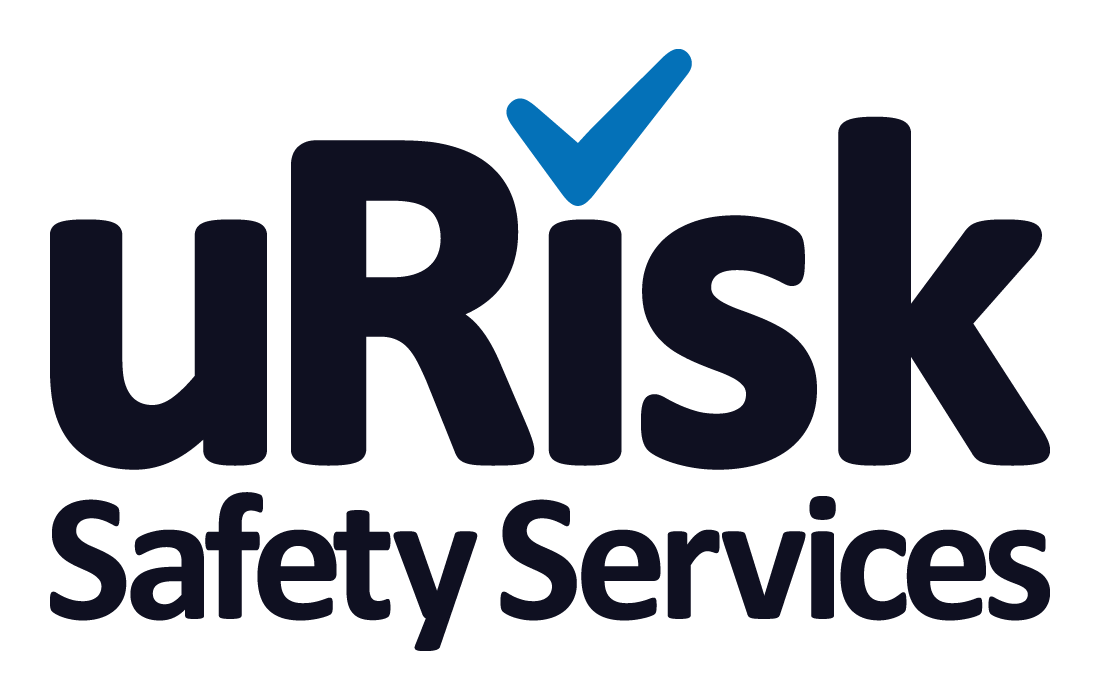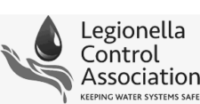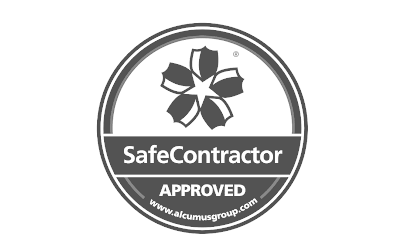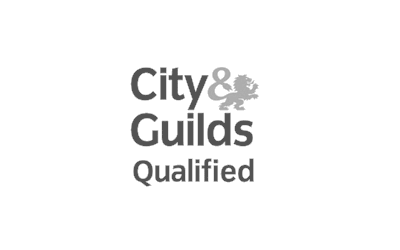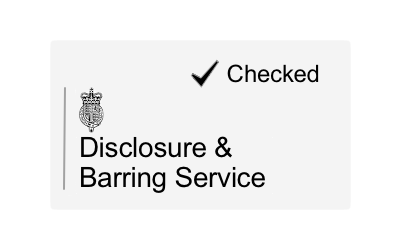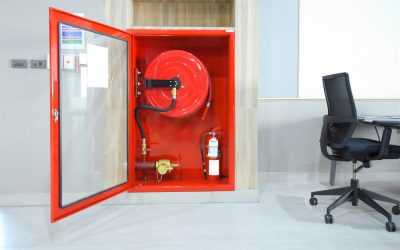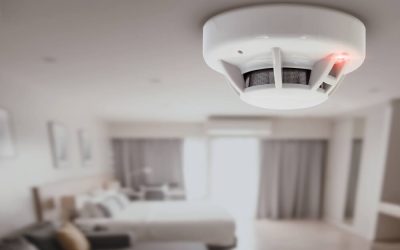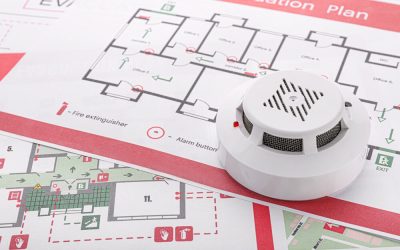How Do Councils Tackle Water Safety? Care homes, Clinics and Schools
As landlords of commercial as well as residential properties, councils have a legal responsibility to ensure the health and safety of their tenants. This includes keeping the properties free from health hazards.
Does the council need to do a legionella risk assessment on council properties?
Under COSHH, the Control of Substances Hazardous to Health regulations, the council must assess, identify and control risks from chemical as well as biological agents, including the legionella bacteria. This means that wherever water is used and stored, steps must be taken to ensure the risks from exposure to the legionella bacteria are kept to a minimum.
Who is responsible for testing for legionella on council properties?
A responsible person must be appointed to monitor risks and to implement water management strategies to mitigate the risks from legionella and Legionnaires’ disease. The responsible person can be a council employee, or you can hire a professional legionella monitoring company such as uRisk to do it for you.
There are a number of duties that a responsible person needs to undertake on council properties including legionella risk assessments, water testing, tank inspections, temperature monitoring, weekly flushing of lesser-used outlets, and TMV servicing if appropriate.
The responsible person must keep accurate and up-to-date records.
Responsibilities for different types of council buildings
When it comes to the risks from the legionella bacteria, councils must pay particular attention to each buildings’ users.
Care homes and nursing homes
Residents of care homes and nursing homes are particularly vulnerable to the legionella bacteria which, if inhaled, could lead to the potentially fatal Legionnaires’ disease. Many residents will have reduced immune systems, so greater care needs to be taken to protect them from exposure to legionella. This is why it is recommended that risk assessments and legionella water testing need to be carried out annually.
One of the ways of reducing the likelihood of the legionella bacteria being able to thrive is by having the hot water at a high temperature of at least 60oC. This in itself poses a scalding risk, particularly to vulnerable people, which can be managed by the installation of a thermostatic mixing valve (TMV). A TMV mixes cold water with hot before it reaches the outlet, meaning it is stored at the correct temperature to control legionella but is also at a safe temperature for people to use when it comes out of the tap.
Clinics, GP practices and community centres
Robust measures to control the spread of the legionella bacteria also need to be taken in clinics and community centres which are frequently used by elderly and vulnerable people. Therefore the same rigorous safety measures must be taken as with care homes and nursing homes to protect users.
Schools
When it comes to water safety, the main problem with schools and other educational institutions is that they’re unoccupied or only partially used during the summer holidays. The lack of water consumption in the summer months can lead to stagnation of water at the kind of outside temperatures which allow the legionella bacteria to thrive. Therefore councils have the responsibility to ensure that the system is flushed on a weekly basis – by turning on all the taps and flushing all the toilets – to keep the water flowing.
Legionella and Water Hygiene Blog Posts
Office Fire Risk Assessment
As you would expect, keeping your office safe from the risk of fire is a legal requirement under the Regulatory Reform (Fire Safety) Order 2005. If you are the owner or manager of a business, or landlord of an office building, it is your responsibility to ensure your...
Fire Risk Assessment For Flats
Your legal requirements as a landlord include taking precautions to keep your tenants safe, including when it comes to the risk of fire in flats. As part of the fire safety regulations, fire risk assessments for flats is therefore part of your legal obligation to...
Getting A Risk Assessment For Fire in the UK
As an employer, landlord or facilities manager, it is your legal responsibility to keep everyone who uses your premises safe. A fire risk assessment is an important part of this because it identifies what might cause a fire so you can take steps to prevent one, as...
